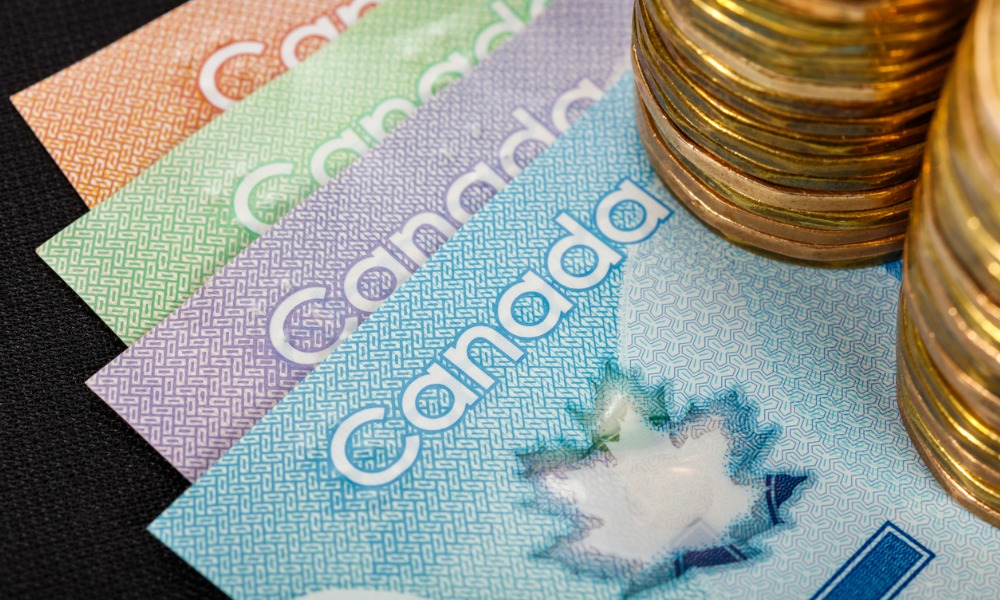
Province says first increase will happen in October

Manitoba has announced it plans to increase the minimum wage to $15 by October 2023.
The wage will rise to $13.50 from $11.95 on Oct. 1, 2022, and to $14.15 on April 1, 2023. With the expected consumer price index increase for 2022, the next indexed adjustment will bring Manitoba’s minimum wage to around $15 for Oct. 1, 2023.
“This phased-in approach will ensure small businesses remain strong and continue to grow while helping workers and their families get ahead by earning bigger paycheques. Our balanced approach to increasing the minimum wage will help workers make ends meet while also recognizing the concerns of small businesses who are struggling during this difficult time,” says Premier Heather Stefanson.
Back in May, Saskatchewan also faced criticism for planning to raise the minimum wage.
Ontario says it will be raising the general minimum wage to $15.50 per hour as of Oct. 1, 2022.
Unifor says the wage in Manitoba should be boosted to $15 per hour by the end of 2022.
"Low-wage workers have waited long enough. Manitoba should raise the minimum wage to match Alberta's and Ontario's as soon as possible," says Lana Payne, Unifor national president. "Manitoba's minimum wage workers deserve better. They deserve decent work and decent pay."
The Canadian Centre for Policy Alternatives (CCPA) also says the planned change to the wage will not cover the “massive” cost-of-living increases low-income workers face in 2022.
“This amount is entirely insufficient for minimum wage workers to live on given soaring food, shelter and energy costs. Data showed Manitoba should have had a $15 minimum wage back in 2018, we are set further behind by the schedule announced today,” says Molly McCracken, Manitoba director at the CCPA.
The Manitoba government “is ignoring research that shows businesses adjust to increases in the minimum wage,” says the centre, as minimum wage increases have little to no effect on overall employment except a small reduction amongst young minimum wage workers. On the other hand, positive earnings effects for minimum wage workers add to overall economic output and GDP.
However, an additional increase to the minimum wage could create pressure on Manitoba’s small businesses, says the Manitoba government, and to help reduce this risk, it will be consulting with the industry on support programs to help adjust to higher payroll costs.
“Manitoba small businesses are the backbone of our economy and we are committed to helping them grow and thrive,” says Economic Development, Investment and Trade Minister Cliff Cullen. “As we continue to grow our economy, we want to attract more workers and high-quality investments to our province. We are committed to working with our business community to address the impacts of this wage increase and find workable solutions together.”
Minimum wage increases can raise unemployment levels because businesses often respond by laying off workers, reducing work hours or hiring less (or not at all), according to the report from the Fraser Institute.